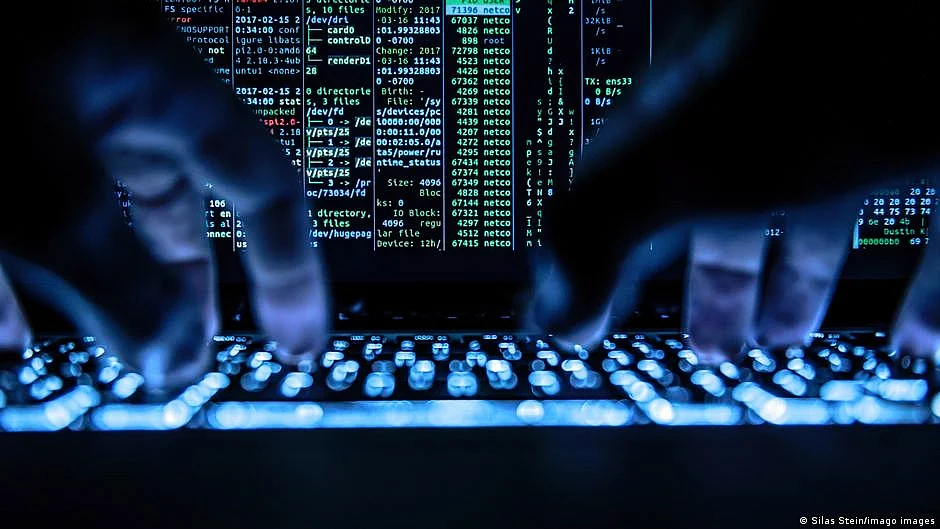After 25 years of IT Act, Courts still struggling with electronic evidence: Justice Dangre
Justice Bharati Dangre points to traditional legal concepts under Indian Evidence Act grappling with complexities introduced by IT Act

Justice Bharati Dangre of Bombay High Court has observed that, despite the Information Technology Act being enacted in 2000, courts and investigative agencies across India continue to face significant challenges in properly appreciating electronic evidence, now crucial in criminal trials.
She was delivering the keynote address at the inauguration of a series of workshops on forensic evidence organised by the Goa State Legal Services Authority in collaboration with the Goa High Court Bar Association on Wednesday near Panaji.
Justice Dangre said though the legal framework had attempted to evolve, traditional legal concepts under the Indian Evidence Act were still grappling with the complexities introduced by the IT Act.
"With the Evidence Act being in force, we were struggling with what is primary evidence, what is secondary evidence, and by the time we could barely settle it, the new Act came," she remarked.
Highlighting how the law had evolved, she noted that the Information Technology Act introduced changes not only in digital governance but also in existing criminal and evidentiary laws.
"With the enactment of the Information Technology Act in the year 2000, many changes were brought in the IPC as well as the Evidence Act," she said.
However, two decades on, courts and legal practitioners continue to face issues. "It is almost 25 years since this Act was brought into force, but still we are struggling how to appreciate the electronic evidence for a long period of time," she observed.
According to Justice Dangre, there is a pressing need for greater engagement with both the legal and practical dimensions of electronic evidence by all members of the legal fraternity, including prosecutors, defence lawyers, trial and appellate judges.
"Even after 25 years, this is a field full of nuances. We don't know how it is really appreciated. The electronic evidence will have to be trusted and appreciated with care," she added.
Justice Dangre also emphasised that trials are not determined by the amount of evidence produced, but by its reliability and admissibility. "The success of a trial is not dependent upon the quantity of evidence, but it depends upon the quality of evidence that is led before the court," she noted.
Stressing the importance of trial court proceedings, she explained that once evidence is recorded at the trial level, it forms the basis for decisions at all subsequent stages, including appeals. "What the complainant has said in the (lower) court is going to continue, no matter (even if) the matter goes to the Supreme Court," she stated.
Justice Dangre referred to Section 65B of the Indian Evidence Act, which requires a certificate from the person handling the electronic device, to confirm that digital records are authentic and untampered.
"It is very easy when you produce the device itself in court. But when you transfer the data from that mobile device into some other module — a chip or pen drive — then this transfer requires a 65B certificate," she said.
She also pointed to difficulties that frequently arise in cases involving WhatsApp messages, particularly in matrimonial disputes and offences under the Protection of Children from Sexual Offences (POCSO) Act.
"You find a heap of documents of WhatsApp chats right from the first day of marriage or relationship. But what police is doing with the phone? They send it for forensic analysis. I have never seen any case where the analysis has actually been brought on record," she observed.
Speaking about cybercrime, she cautioned that perpetrators often remain ahead of law enforcement. "With this new technology, crimes are on the rise. As I always feel, when we think that the police machinery and judges are becoming smart, the criminals are getting smarter because they know how to evade being caught," she said.
Referencing the web series Jamtara, which revolves around cyber fraud and the murky world of the darknet, she highlighted the scale of illegal activity taking place online.
"There is so much trading, so much sale of narcotic drugs which is all taking place through the darknet. Confronted with statistics, we will find that only five per cent of these cybercrimes are really detected and the criminals punished," she said.
With PTI inputs
Follow us on: Facebook, Twitter, Google News, Instagram
Join our official telegram channel (@nationalherald) and stay updated with the latest headlines
